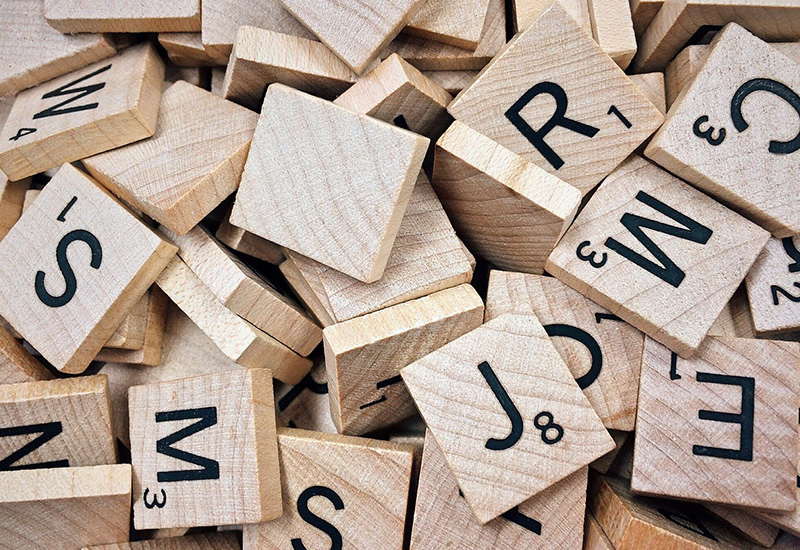This time 10 years ago … Scrabble tips
by Sumudu Narayana
As we are spending more time at home this year, most of us will be turning to board games to while away the hours. Scrabble is a personal favourite, and this time 10 years ago the Editors SA June meeting had member Michael Vnuk speak on his passion, Scrabble. Here is an extract from Michael’s talk, and his top tips on how to improve your game, captured by Celia Jellet for the newsletter:
Scrabble is more than just knowing words, but, of course, knowing words helps. It’s also about anagramming, probability, strategy, and other skills. And then there are all the standards things for any type of competition, such as training, concentration, calmness, alertness, psychology and physical fitness (if you’re going to spend most of the day sitting
around playing Scrabble).
Here are my seven tips:
- Keep the board open. Playing too defensively usually leads to a tight, often frustrating game, whereas an open game can be more exciting, with longer words and a greater variety of words. Of course, if you get significantly ahead in a competition game, closing up is the thing to do if you want to secure the win.
- Look for bonus words. Playing all seven tiles from your rack earns a 50-point bonus.
- Use letters wisely. High-point letters like the X and Z are better for quick high scores, especially by playing the tile on a premium square or ensuring that you’ve made a word both across and down. The blanks and the S are the most valuable. Better players can nearly always use them to gain a bonus, or 20–30–40 points more than other options. It’s a waste to play ‘DOGS’ for 12 if the S is only gaining you two extra points. Play ‘DOG’ for 10 and maybe the S will help you score a bonus next turn.
- Remember rack leave. When you work out a play, make sure that what’s left on the rack will help you. For instance, if the leave is going to be, say, four vowels or four consonants, whatever you pick up is unlikely to improve your prospects. Play off the worst letters or exchange tiles.
- Check for better plays. Once you’ve worked out a play, look for others, as there might be a higher-scoring or more strategic play elsewhere. And be ready with other plays in case your opponent blocks your spot.
- Learn more words. The two most important groups to start with are the complete set of two-letter words, because these help you connect words on the board, and the most probable seven and eight-letter words for bonuses. Then there are high-scoring short words, with J, Q, X and Z; U-less Q words; dumping words, to get rid of too many vowels or consonants; and the various hooks, in other words, what goes at the front or the end of a word. You especially need to know which words take an S.
- Enjoy the game. If you like competition, play in tournaments. If you don’t like the social aspect, play against a computer or on the internet. If you like studying word lists, do as much as you can. If you don’t want to know what the words mean, you don’t have to remember them.
Sumudu Narayana is a freelance editor and beta reader.

